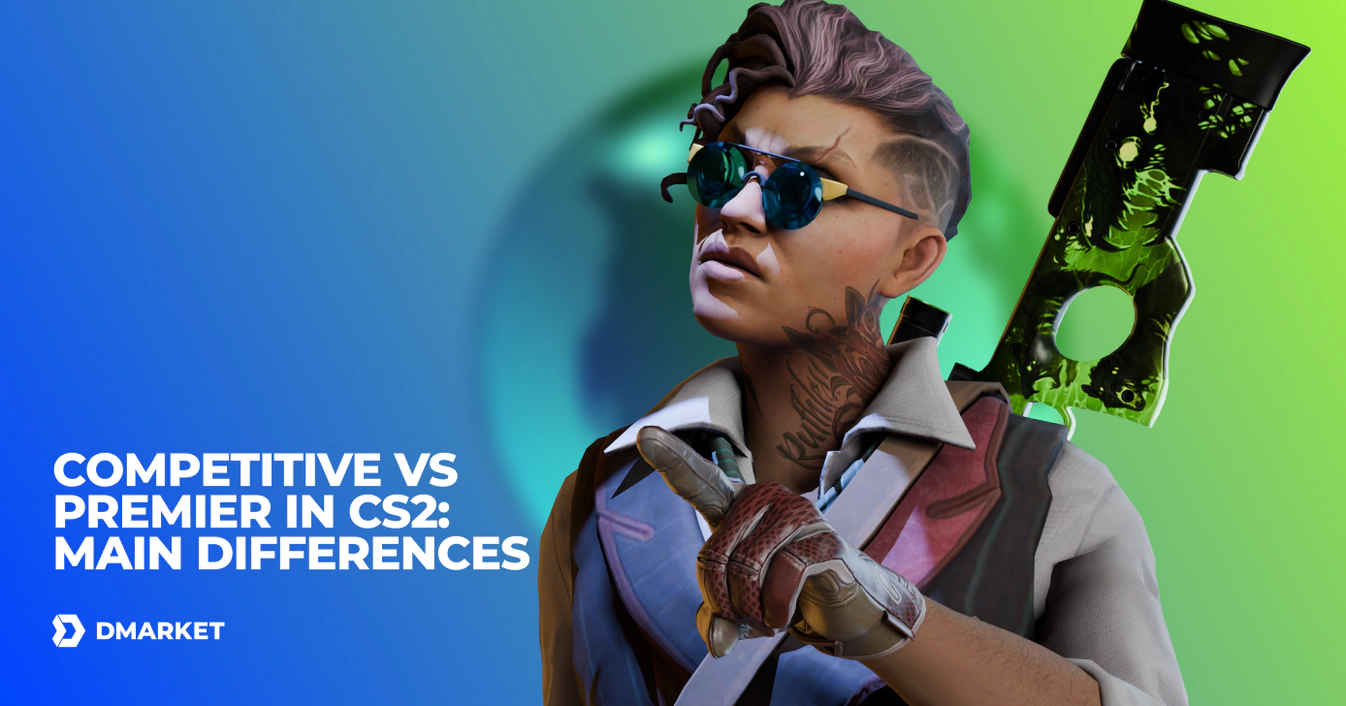Chunai Updates
Your go-to source for the latest news and insights.
Level Up Your Game: Clever CS2 Competitive Strategies That Keep Opponents Guessing
Unleash your competitive edge in CS2! Discover clever strategies that keep your opponents guessing and elevate your gameplay to new heights.
Mastering Mind Games: Psychological Tactics to Outsmart Your CS2 Rivals
In the competitive landscape of CS2, mastering psychological tactics can be just as crucial as honing your shooting skills. By leveraging mind games, you can gain an edge over your rivals that extends beyond mere gameplay mechanics. Effective strategies include baiting opponents into making rash decisions, using reverse psychology to manipulate their actions, and creating a false sense of security to set traps. For example, feigning weakness can lead your adversaries to underestimate you, giving you the perfect opportunity to strike when they least expect it.
Another powerful tactic involves the use of psychological pressure. This can be achieved by maintaining a confident demeanor, even when the odds are against you. Employing mindfulness techniques to stay calm under pressure not only benefits your performance but can also intimidate your opponents. Remember, communication plays a vital role in CS2; using strategic banter with your team can keep morale high while potentially rattling your competitors. By cultivating these psychological advantages, you can not only improve your gameplay but also enhance your overall CS2 experience.

Counter-Strike is a popular tactical first-person shooter game that emphasizes teamwork and strategy. One of the most iconic maps in the game is Mirage, where players need to communicate effectively using various mirage callouts to navigate and secure victories. The game's blend of skill, strategy, and fast-paced action has made it a staple in the competitive gaming community.
Adapt or Perish: The Importance of Flexibility in Competitive CS2 Gameplay
In the fast-paced world of competitive CS2 gameplay, the ability to adapt to ever-changing situations is not just a valuable skill; it's a fundamental necessity for success. Players must learn to quickly analyze their opponents' strategies and adjust their gameplay accordingly. Whether it's switching weapons, changing tactics mid-match, or adjusting to a teammate's playstyle, flexibility can make the difference between victory and defeat. In fact, many professional players emphasize the importance of mental agility, stating that the ability to pivot strategies on the fly can often outmatch even the most skilled opponents.
Additionally, embracing flexibility fosters a dynamic environment within teams. Effective communication and an open mindset allow players to share insights, enhancing their collective ability to respond to challenges. Teams that encourage versatility not only improve their immediate performance but also cultivate a culture of continuous improvement. Players who are willing to expand their skill sets and learn from each match position themselves for long-term success, demonstrating that in the realm of CS2, those who adapt will ultimately thrive.
Are You Predictable? Tips to Keep Your Opponents Guessing in CS2
In the competitive landscape of CS2, being predictable can quickly lead to your downfall. To maintain an edge over your opponents, you must constantly adapt your strategies and tactics. One way to achieve this is by varying your playstyle. For instance, if you usually engage from long distances, consider switching to close-range confrontations occasionally. Additionally, using techniques like flanking and fakes can catch your opponents off guard. Remember, unpredictability is a critical asset; the more your opponents have to guess your next move, the less control they have over the game.
Another effective strategy is to analyze and modify your positioning. Try to rotate between common spots and unorthodox hiding places. This can not only improve your survivability but also make it harder for your enemies to anticipate your next location. You can also blend your in-game communication by mixing up callouts and tactics. Instead of always signaling your intentions in the same way, consider varying your code words or using signs that reflect surprise and adaptability. In summary, keeping your opponents guessing in CS2 is all about enhancing your strategic depth and fostering unpredictability in gameplay.